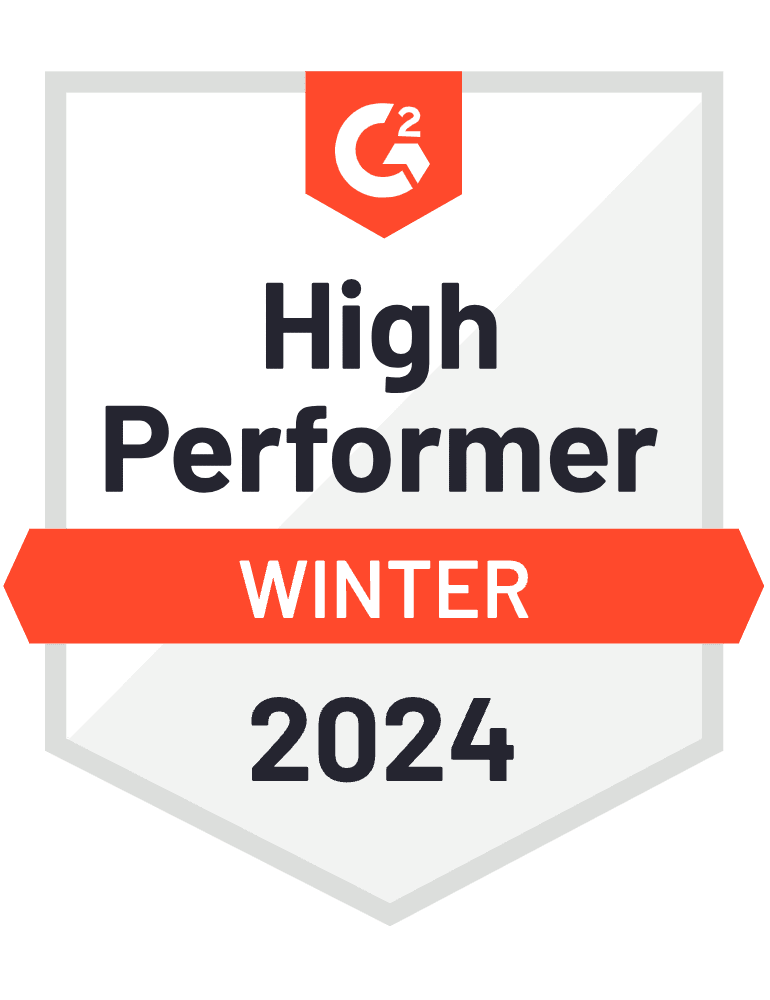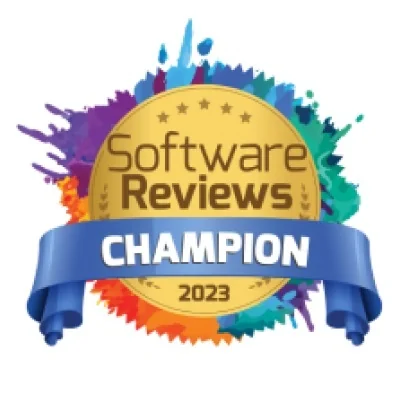Octopai + Cognos = Empowered Data Management
Whether your enterprise is using Cognos along with on-prem or cloud-based data systems (or a combination of the two) or even migrating to Cognos, Octopai has your data landscape covered for day-to-day Cognos tasks like investigating dataset quality issues, fixing reports, business process change impact analysis, regulatory compliance and so much more.
Octopai’s automated data lineage for Cognos is unique because it provides:
- Detailed visualizations of data flow from data sources all the way through to Cognos report elements
- Extensive connections to on-premises legacy systems, as well as cloud-based systems – IBM and non-IBM systems alike
- Support for Cognos data modules, data sets and uploaded files
- Support for reports and interactive reports
- Includes Framework Manager models in metadata tracking and lineage visualizations
- Support for Dynamic cube projects
- End-to-end lineage from source systems to data storage to reporting, simplifying insight into and through Cognos along with all other layers of your data ecosystem.
Octopai + Cognos Integration = Significant Resource Savings
On top of the unprecedented lineage, Octopai also provides time and cost savings to enterprises migrating to and/or using Cognos.
Savings during a data migration to Cognos:
Octopai’s automated data lineage, including comprehensive column-to-column lineage, traces the path of your data objects both back to their source and forward to reports or other targets. This comprehensive visual mapping of the objects, assets, tables and processes across your data systems will smooth your migration to Cognos by enabling you to:
- Clearly identify extra, unneeded or unwanted data assets so you can simplify and/or discard prior to migrating
- Evaluate the source quality of data before it goes into Cognos and impacts dozens or hundreds of reports
- Rank your reports according to their business value and/or importance for day-to-day operations and prioritize migration accordingly
- Rank your data models according to their ease of transfer to Cognos and prioritize migration accordingly
- Check the projected impact of any planned changes before making them
- Check pre-, during, and post-migration that everything is going to the right place, with views of both the old and new environments in one screen (updated automatically as the migration progresses!)



